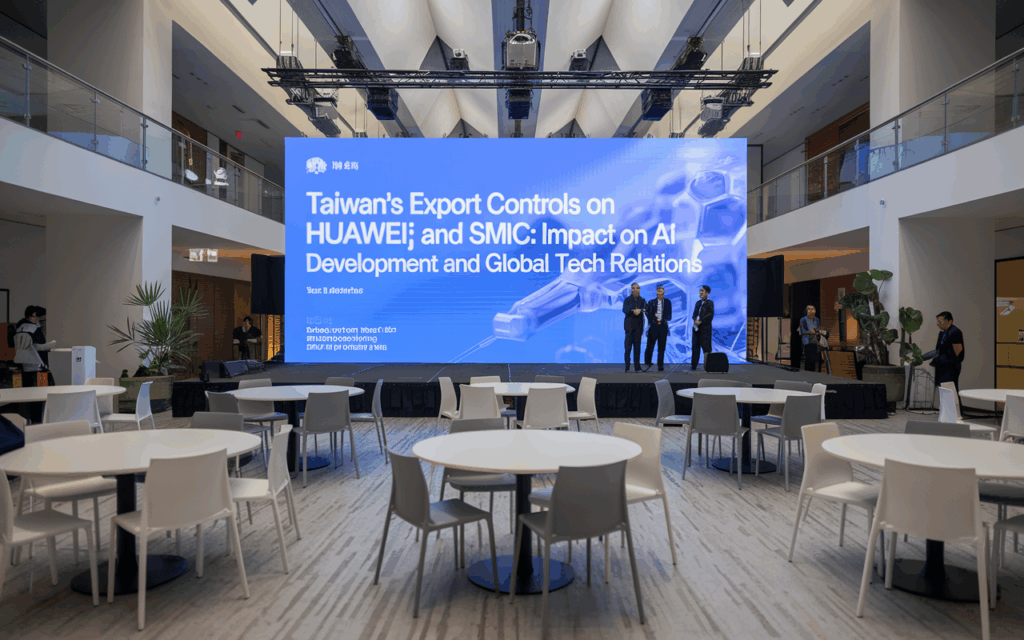Taiwan Tightens Export Controls on Huawei and SMIC: What It Means for AI Development 🤖🌍
In a significant move impacting the tech landscape, Taiwan's International Trade Administration has placed export controls on Chinese giants Huawei and SMIC (Semiconductor Manufacturing International Corporation) as of June 10, 2025. This decision could potentially hinder these companies’ ability to develop vital AI chips and technologies necessary for future advancements. 🏭💻
Understanding the Controls
The Taiwanese government has added Huawei and SMIC to an updated list of entities requiring special permissions before shipping technology-related products. This includes crucial plant construction technologies and materials, limiting these companies' access to resources needed for semiconductor production. The implications of this policy could set back China's ambitions in the AI semiconductor space, which has been growing increasingly competitive. 🥇🇨🇳
According to Bloomberg, the action stems from broader national security concerns and comes alongside similar moves against entities from Russia, Pakistan, and Iran. These protective measures aim to prevent potential weapons proliferation, but they also represent increasing tensions in the realm of global technology and trade. 🌐⚔️
The Broader Implications
The restrictions reflect a growing trend of countries asserting control over critical technology sectors to protect national interests. For Huawei and SMIC, this means an uphill battle for innovation and competition in the global market. As the race for AI dominance heats up, the repercussions of Taiwan's decision will be felt across various sectors, affecting supply chains and potentially leading to increased costs for AI development. 📈📉
My Take
While protecting national security is a valid concern, such actions could lead to further tech decoupling between countries. The global tech ecosystem thrives on interconnectedness and collaboration. It’s crucial that nations find common ground rather than erecting barriers that stifle innovation. A diplomatic approach to managing these competitive tensions might pave the way for more sustainable growth in the tech landscape. 🤝🌎
As we navigate this shifting terrain, one thing is clear: the future of AI and semiconductor technology remains uncertain but undeniably crucial. How will companies adapt, and what are the long-term changes we can expect in the tech industry? Stay tuned! 📰🚀
For more updates on this topic and other technological advancements, check out TechCrunch 🌟
#Huawei #SMIC #ExportControls #ArtificialIntelligence #TechNews

More Stories
Meta’s AR Ambitions and AI Safety: Insights from the Equity Podcast
Insight Partners Data Breach: A Wake-Up Call for Cybersecurity Awareness
Lovable’s Ascendancy: Anton Osika at TechCrunch Disrupt 2025